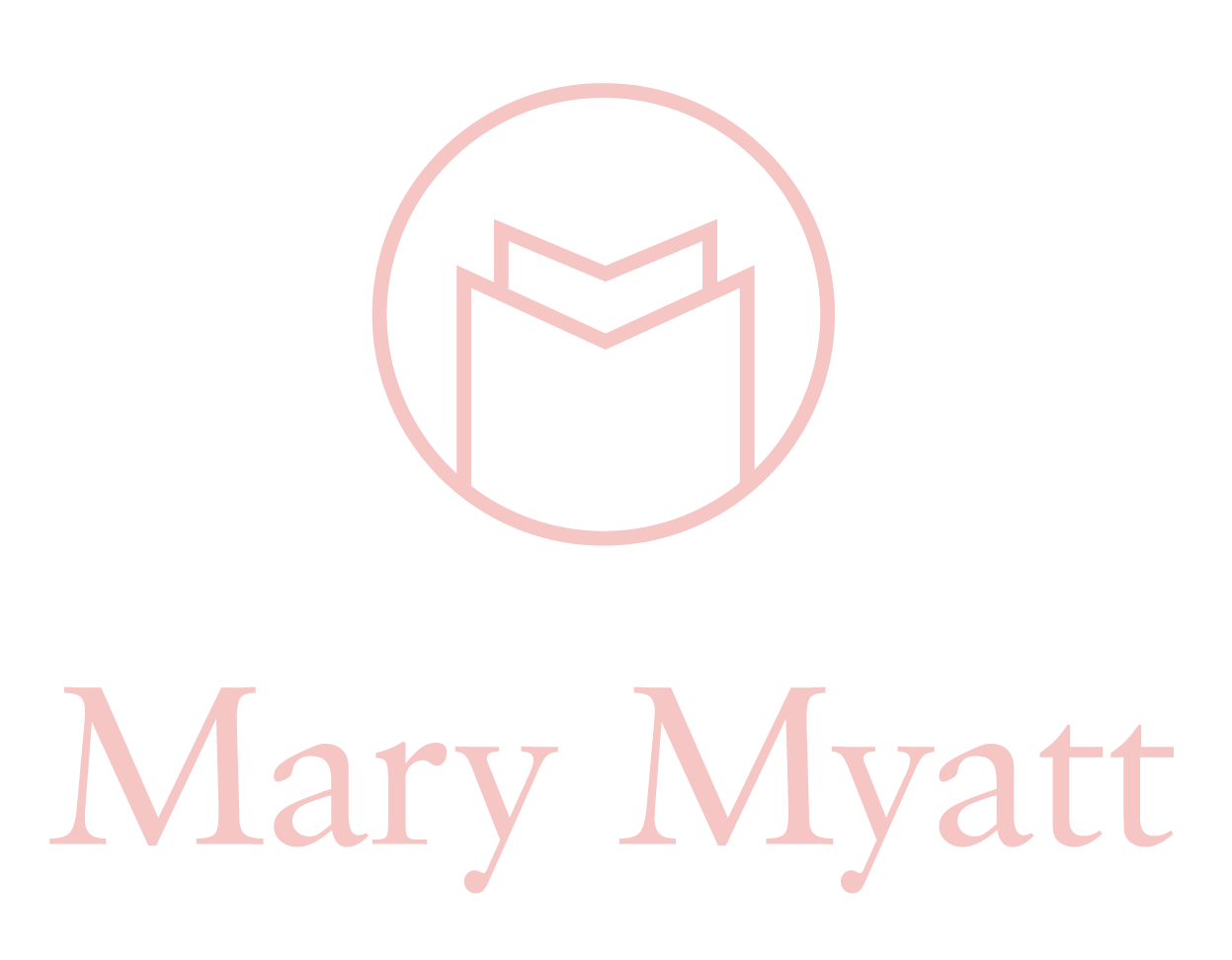
Maths
About
As with the other national curriculum subjects there are four strands to support high quality subject knowledge:
National curriculum importance statements
Authentic sources
Subject associations
Twitter communities
To help us get our bearings, it is worth quoting the purpose of the subject from the national curriculum programme of study: ‘mathematics is a creative and highly interconnected discipline that has been developed over centuries, providing the solution to some of history’s most intriguing problems. It is essential to everyday life, critical to science, technology and engineering, and necessary for financial literacy and most forms of employment. A high-quality mathematics education therefore provides a foundation for understanding the world, the ability to reason mathematically, an appreciation of the beauty and power of mathematics, and a sense of enjoyment and curiosity about the subject’.
The national curriculum for mathematics aims to ensure that: ‘all pupils become fluent in the fundamentals of mathematics, including through varied and frequent practice with increasingly complex problems over time, so that pupils develop conceptual understanding and the ability to recall and apply knowledge rapidly and accurately; reason mathematically by following a line of enquiry, conjecturing relationships and generalisations, and developing an argument, justification or proof using mathematical language; can solve problems by applying their mathematics to a variety of routine and non-routine problems with increasing sophistication, including breaking down problems into a series of simpler steps and persevering in seeking solutions.
Mathematics is an interconnected subject in which pupils need to be able to move fluently between representations of mathematical ideas. The programmes of study are, by necessity, organised into apparently distinct domains, but pupils should make rich connections across mathematical ideas to develop fluency, mathematical reasoning and competence in solving increasingly sophisticated problems. They should also apply their mathematical knowledge to science and other subjects’.
Once the importance statements have been revisited, it is helpful for subject leaders and coordinators to discuss and agree with colleagues, the reason why their subject, in this case history, is important for the pupils in their school. One way of doing this, is to draw on a quote, in this case from Albert Einstein, ‘Pure mathematics is, in its way, the poetry of logical ideas.’ This kind of prompt allows us to formulate our way of stating the importance of the subject. We might agree or disagree with such a statement and in doing so come to a form of words which expresses our view of the importance of this subject, in this school. This moves us away from the territory of ‘we teach this subject because of the SATS or GCSEs’. While the external tests and exams are important, they are not the totality of the subject.
Professional Communities
Subject associations are important because at the heart of their work is curriculum thinking, development and resources. There are a number of subject associations for mathematics and National Centre for Excellence in the Teaching of Mathematics lists these on its website. It should be the case that any member of staff with responsibility for a subject should be a member of the relevant subject association, and this should be paid for by the school.
Twitter subject communities are important for the development of subject knowledge, because it is here that there are lively debates about what to teach, how to teach and the kinds of resources that are helpful. For maths it is worth following the NCETM on Twitter and the hashtags #mathscpdchat.
Myatt & Co Films
Click on the button below to take you to films on Maths on the Myatt & Co website
